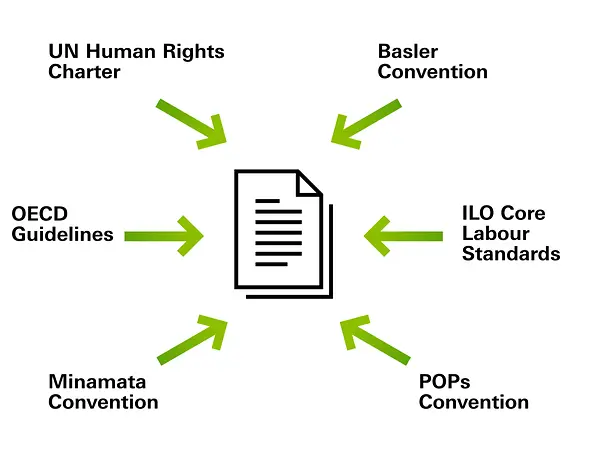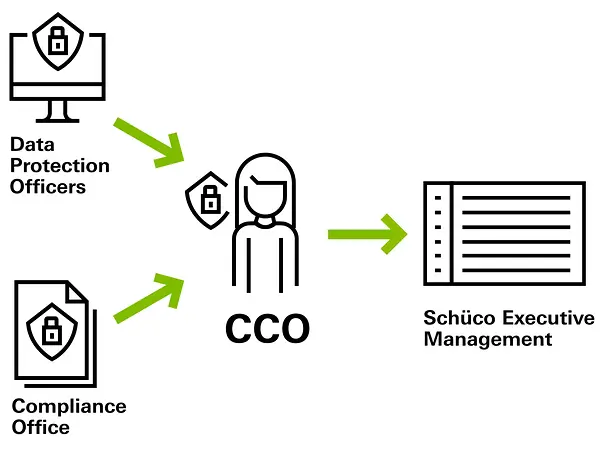The key to a consistently productive and pleasant working environment is a company culture that encourages appreciation, respect and fairness. These principles apply to Schüco worldwide. We create the basic requirements for this around the world by adhering to legal standards and observing any applicable collective bargaining agreements. In this way, we align our sites in Germany, for example, with the collective bargaining agreements for wholesale and export trades in North-Rhine Westphalia, the metal and electrical industry in North-Rhine Westphalia, and the timber and PVC-U industry.
Equal pay for equal work is a central aspect of equality of opportunities and makes an essential contribution towards creating a fair and respectful work environment. As a company that promotes diversity and inclusion, we expressly recognise the relevance of this topic. Previously, our focus has been on the creation of a corporate culture that improves the equality of opportunities in many ways – be it through career progression for women, flexible working models or increased awareness of unconscious bias. In recent years, one focal point has been on specifically supporting women in management positions, as a higher proportion of women in leadership roles will help to close the gender pay gap in the long term.
Furthermore, we want to ensure equality not only in terms of career and development opportunities but also with regard to fair pay structures. Currently, the distribution of pay by gender or other diversity metrics is not systematically assessed. As part of the further development of our diversity management system, we are therefore also looking into how we can carry out a transparent assessment of the gender-specific salary structures and integrate this into our processes.







